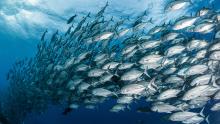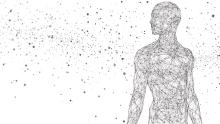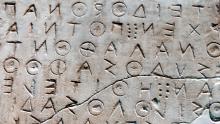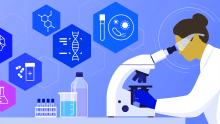
New technologies are making the digital world safer and more helpful for childhood learning. The EU-funded e-LADDA project explored the impacts of technology on language acquisition in children. Insights from the research will drive the development of innovative and tailored educational technologies to improve language learning.









